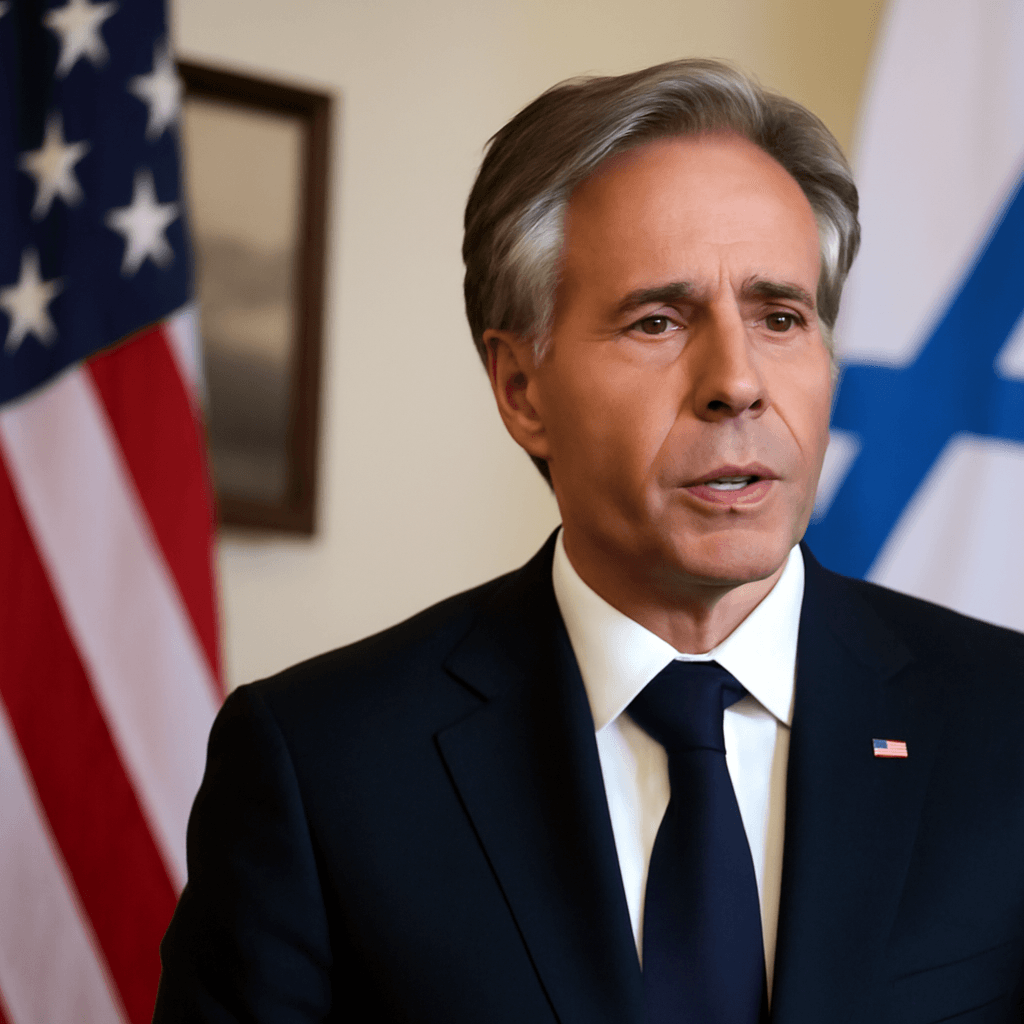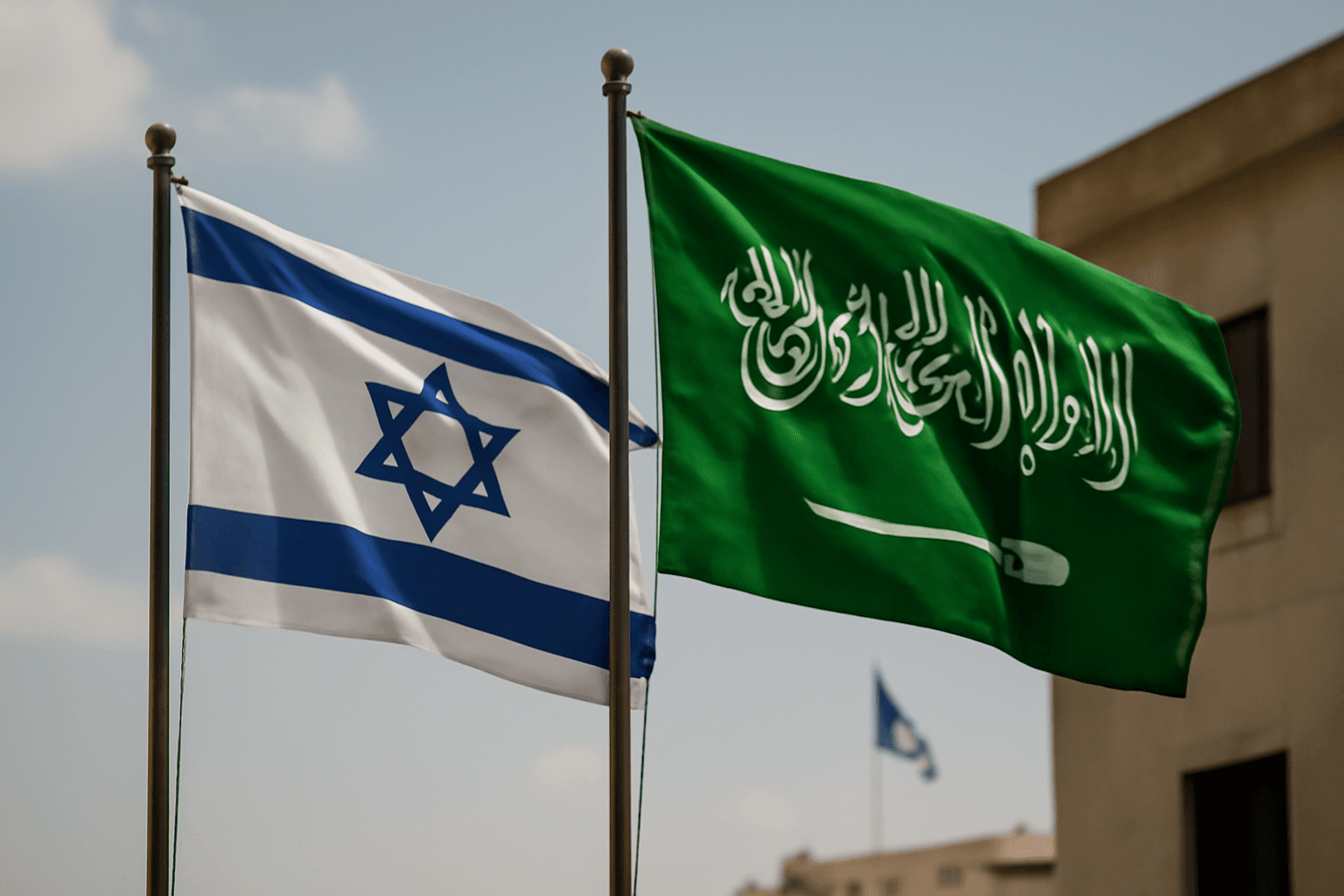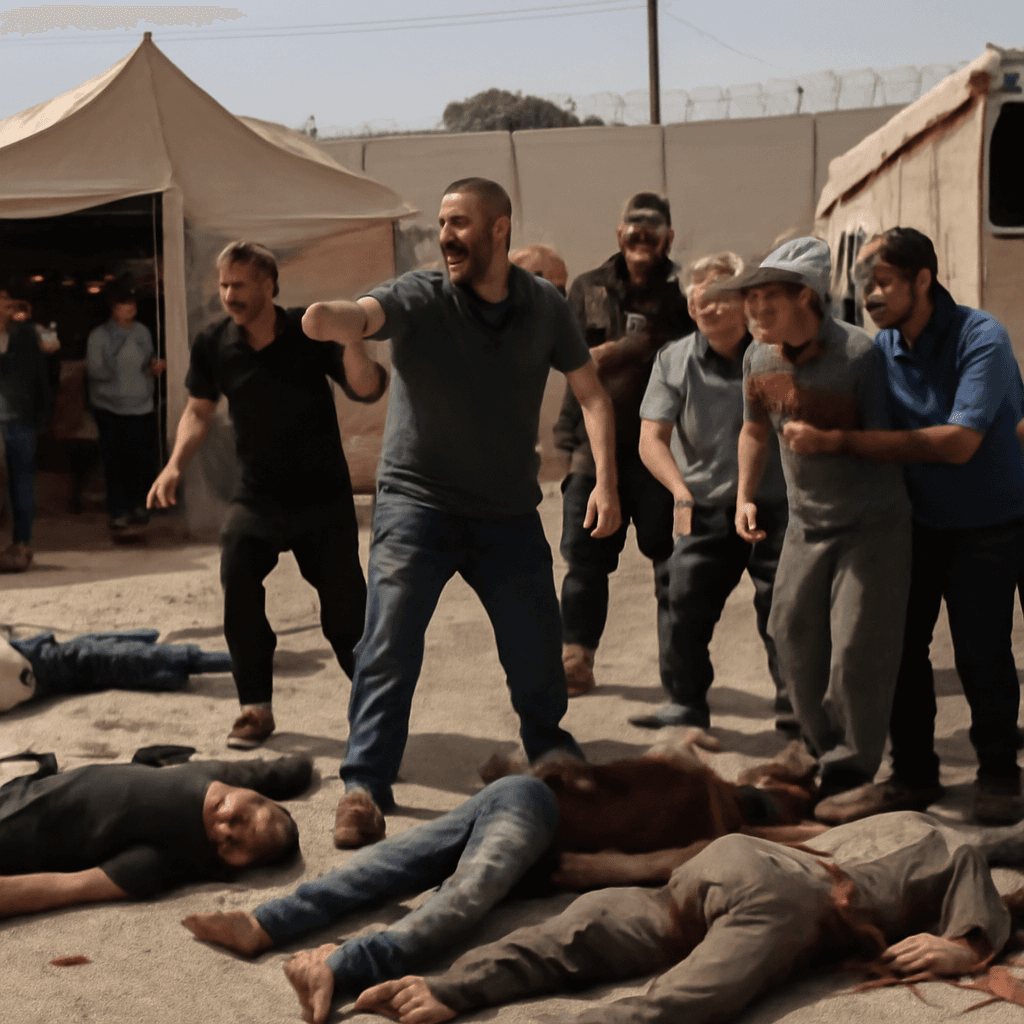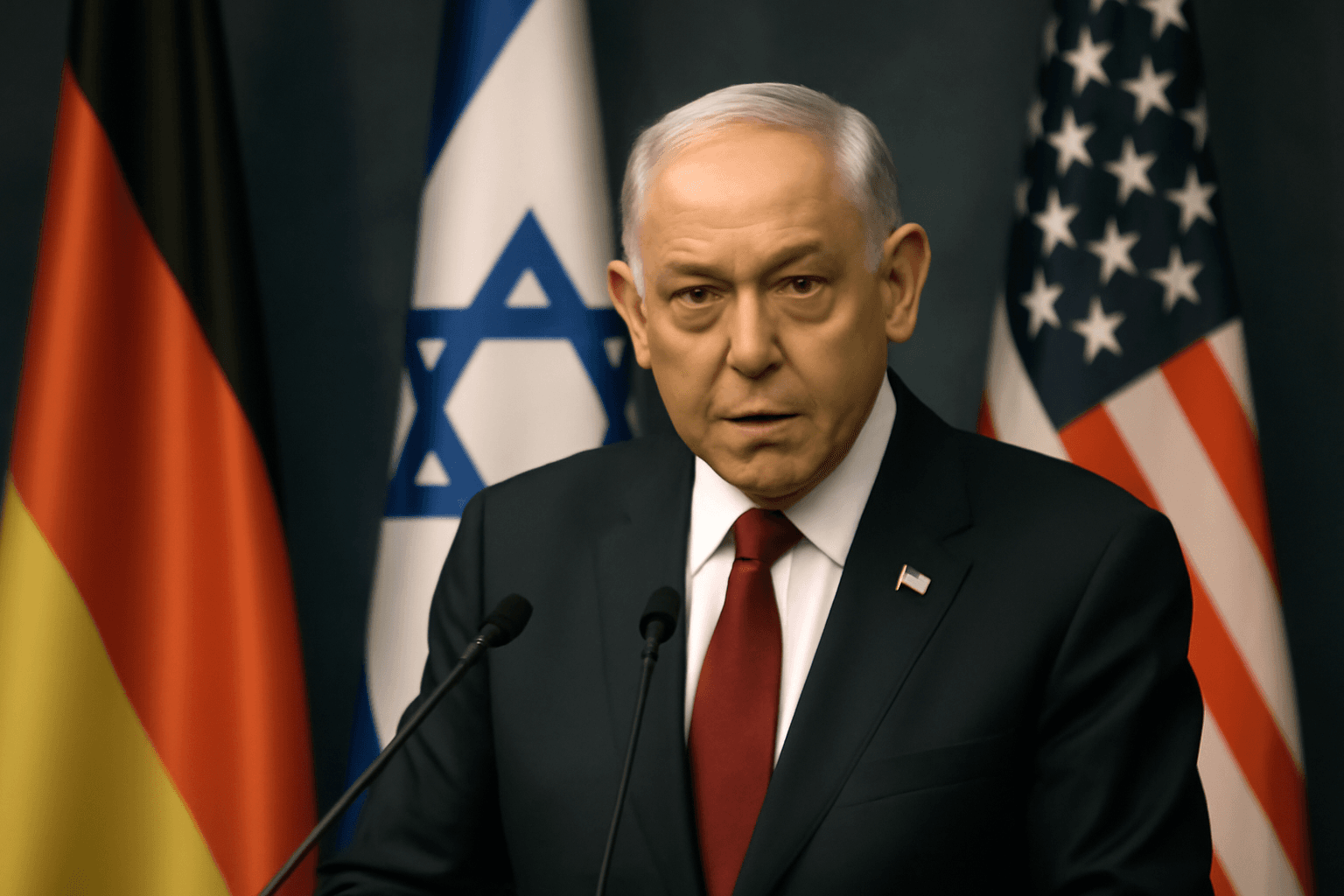US Envoy Condemns Hamas' Response to Gaza Truce Proposal
The United States envoy has labeled Hamas' reply to the recent Gaza truce proposal as "totally unacceptable." This declaration followed the submission of Hamas' counter-response to the ceasefire framework put forward by the US, which aimed to halt the ongoing conflict in Gaza.
Disagreements on Key Terms
The principal differences between the US proposal and Hamas' response revolve around two critical issues:
- Truce Duration: The US proposed a 60-day ceasefire period.
- Israeli Military Withdrawal: The scale and timing of Israel’s withdrawal from Gaza remain contested.
Hamas' counterproposal stressed objectives of establishing a permanent ceasefire, a thorough Israeli withdrawal from Gaza, and unimpeded delivery of humanitarian aid. However, the US envoy emphasized that Hamas must accept the original framework to proceed with further negotiations.
Hostage Exchange and Aid Delivery
In its statement, Hamas committed to:
- Releasing 10 living Israeli prisoners.
- Returning 18 bodies of deceased Israelis.
These gestures were proposed in exchange for an agreed number of Palestinian prisoners, although Hamas did not explicitly confirm acceptance or rejection of the US proposal.
In contrast, Israel has agreed to the US ceasefire plan, which also includes measures to restore United Nations-led humanitarian aid distribution to the territory. However, Hamas is advocating for adjustments related to the timing of hostage releases, the nature of aid delivery, and Israeli troop withdrawal.
Background of the Conflict and Ceasefire Talks
Previous ceasefire efforts ended in mid-March, with negotiations stalled. Hamas demands a full Israeli withdrawal from Gaza, while Israel insists on Hamas disarming and dissolving its military wing.
The ongoing conflict has precipitated a dire humanitarian crisis. More than 2 million civilians in Gaza face acute shortages of food amid an 11-week blockade. Recent food deliveries coordinated by a Swiss humanitarian foundation have resumed but have been challenged by delays and logistical issues.
Prospects for a Truce
While it remains unclear if Israel will accept proposed amendments to the ceasefire framework, members of Prime Minister Benjamin Netanyahu’s government have expressed cautious optimism.
Israeli Energy Minister Eli Cohen, a security cabinet member, stated, "time is not on the side of Hamas, and therefore that it will ultimately agree to the Witkoff proposal."
Conclusion
With international pressure mounting to halt the Gaza conflict, the US continues to advocate for immediate commencement of ceasefire talks based on its initial proposal. The coming days are critical for determining the possibility of a lasting ceasefire and the alleviation of humanitarian suffering in the region.


















